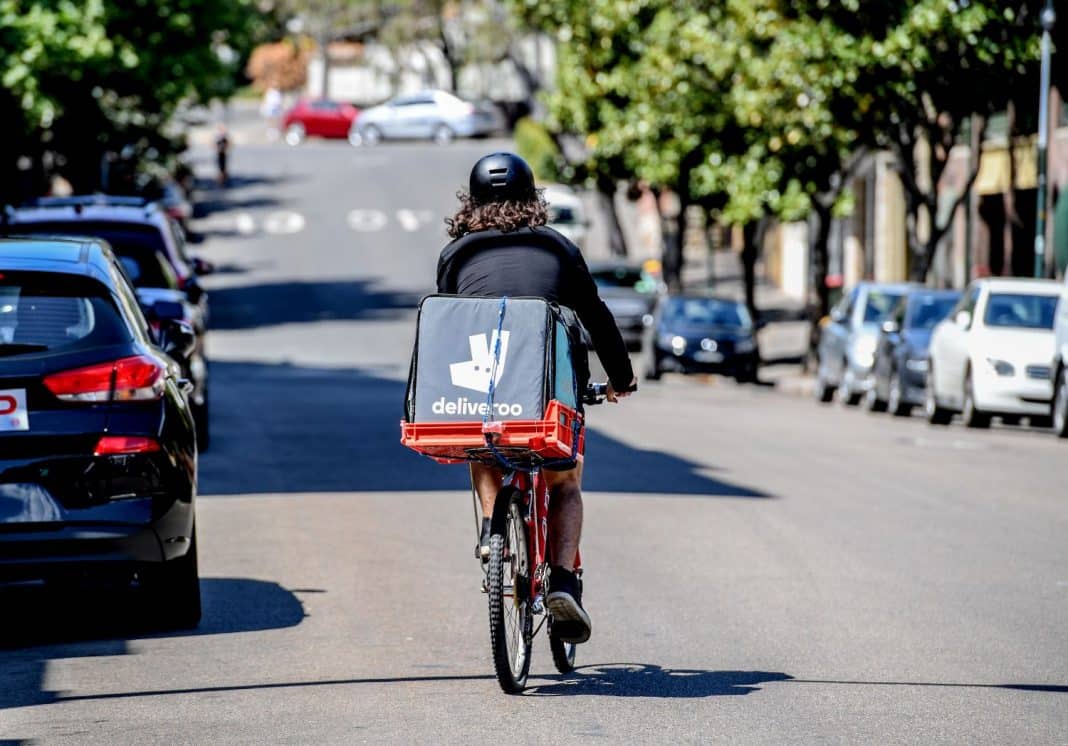The employment minister says new rules to bolster protections for gig workers will not apply to contractors and tradies in construction.
Tony Burke said the federal government’s plan to set minimum standards for “employee-like” forms of work, including gig workers, would not have unintended consequences for independent contractors and tradies.
“No one uses Uber electrician,” he told Sky News on Wednesday.
The minister was responding to a warning issued by Master Builders Australia earlier in the week that it would force independent contractors to give up their businesses and become employees.
The industry association said the regulation could fundamentally damage the model of specialist contract work needed for building and construction work, forcing businesses to permanently employ independent contractors.
Mr Burke said the legislation, which is still being drafted, would draw clear lines around gig workers and the rules would not apply to tradies and contractors running small businesses.
“The person riding a bicycle delivering a pizza with no say over how much they’re paid, they’re not running their own business,” he said.
Master Builders Australia acting chief executive officer Shaun Schmitke welcomed the clarification from the minister but said his assurance did not go far enough.
He said Labor’s election policy and the relevant consultation paper left the door open to adverse impacts on self-employed tradies.
“If the government intends to limit this proposal to gig workers only, then it should make it explicitly clear and give an undertaking to exclude industries outside the gig economy before the legislation is introduced,” Mr Schmitke said.
The minister addressed a spate of other business community concerns about the next round of industrial relations reforms, which would include the “same job, same pay” definition of a casual employee.
Mining giant BHP has raised concerns about the labour hire crackdown that could cost the company more than $1 billion a year and potentially threaten jobs.
Mr Burke said he was unclear how BHP had reached that sum but that the changes would cost mining companies more money.
“If you’re using a loophole and we take away the loophole, then there’s an additional cost,” he said.
The minister said the planned crackdown would stop the practice of bringing in labour-hire casuals and paying them less than the permanent workers already on site.
“No matter which way you look at this, this is a rort,” he said.
“If a rate of pay is agreed at a site, then that should be the rate of pay.”
The workplace reforms are expected to kick off in the back half of 2023.
with AAP and Poppy Johnston in Canberra



